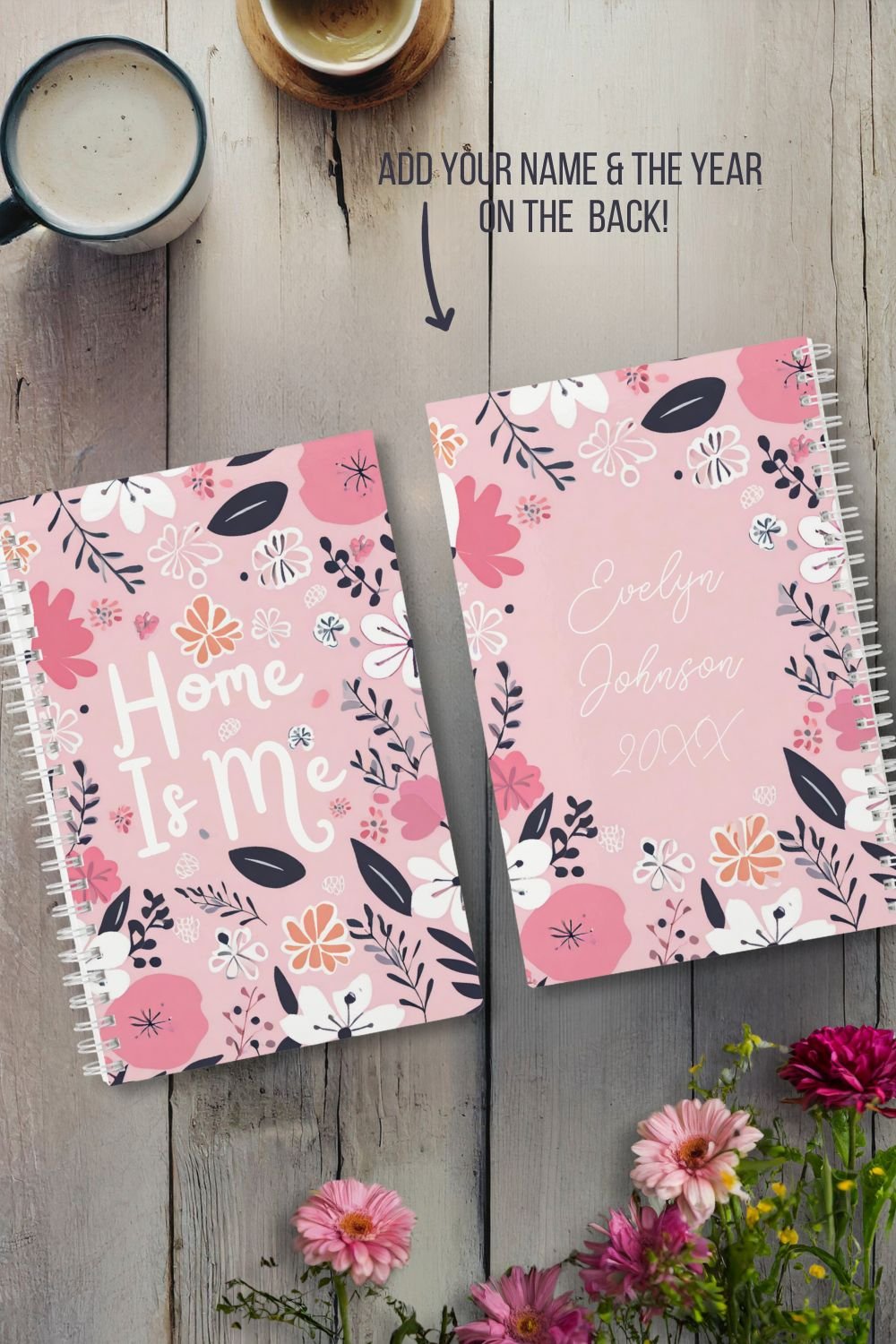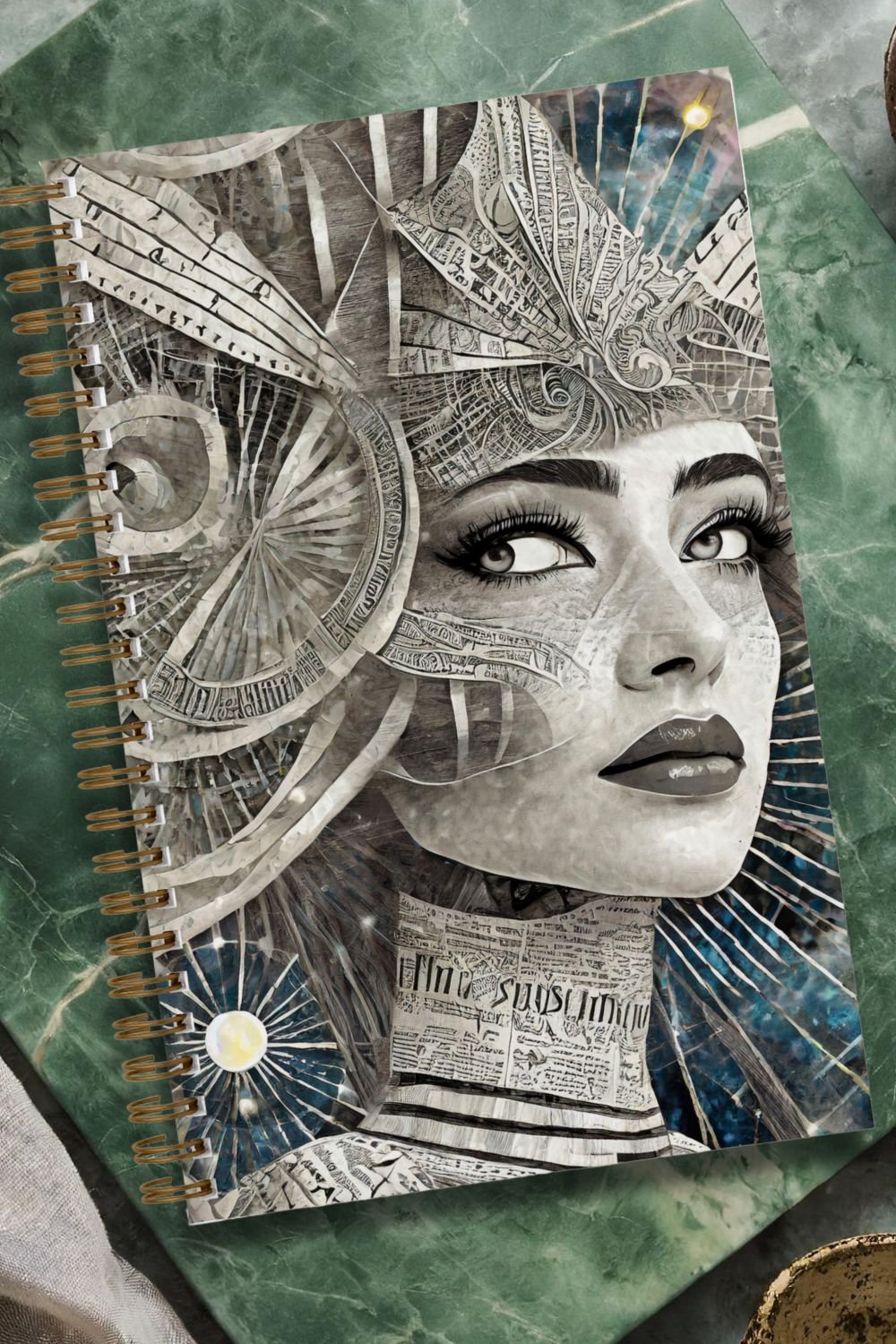Journal Prompts for Connecting With Your Intuition
Awaken your inner guide with these intuition journal prompts.
Connecting with your intuition
Intuition is knowledge that comes from our bodies. Intuitive knowing is different than the knowing that comes from intellectual, logical, step-by-step processing. Both types of knowing are important for our daily lives, but intuition is a type of knowledge commonly denigrated in modern culture and therefore more easily dismissed as untrustworthy or unimportant. Disregarding our intuition prevents us from accessing important information and a deeply meaningful aspect of what it means to be human. Moreover, intuitive ways of knowing exist within each of us even if we dismiss or disregard this type of knowing; by being aware of the role of intuition in our lives we can learn to harness this way of knowing to assist us in our daily lives and we can avoid being unconsciously driven by intuitive forces that we have no conscious means of conversing and interacting with.
I invite you to explore - and journal about - what it means to connect with your intuition. If you’d like to read more about what intuition is first, check out this post.
Intuition journal prompts
What does it mean to be in touch with your intuition?
What does it feel like to be in touch with your intuition?
When do you feel most in touch with your intuition? What are you doing? Who are you with?
When do you feel least in touch with your intuition? What are you doing? Who are you with?
What daily (or regular) habits do you have that help you connect with your intuition?
What daily (or regular) habits do you have that make it more difficult to connect with your intuition?
Where in your body do you feel your intuition?
Start with the word “candle” and write down the first word that comes to mind next. Now write down the first word that comes to mind after that word. Try to feel rather than think the next word. Continue until you’re at the bottom of the page. Look back at the page; which word association was the most surprising to you? Why do you think you made that connection? What does this exercise tell you about what intuition feels like and how intuition works?
What types of situations heighten your intuition?
What types of situations make it difficult to access your intuition?
What impact does connecting with your intuition have on your life?
How do you feel when you are in touch with your intuition?
How do you feel when you’re disconnected from your intuition?
Do you trust your intuition?
What types of decisions are you most likely to make based on intuition? What types of decisions are you least likely to make based on intuition? Why do you think that’s the case?
How does your process of intuitive knowing interact with your intellectual “left brain” process of knowing? What does it feel like when the two conflict? What does it feel like when the two agree? How do you resolve disagreements between these two types of knowing?
Find a relaxing location and lay down. Take a few deep breaths and pay attention to how your body feels. Listen to music without words if it helps you relax, or try out a meditation practice if that helps you relax (here’s a free meditation for intuition that I like). If thoughts about tasks or your day come to your mind allow them to float freely in and out of your mind without attaching to them or following them. Continue to take deep breaths and when you are relaxed and “everyday” thoughts have started to diminish let your mind wander and watch for quick images, ideas, or phrases that are floating around in your mind. Treat these images, ideas, and phrases as important (though not necessarily literal) information. This might take a while (and it might even take more than one try doing this practice). What phrases, ideas, snippets of information, or images came to your mind? Write about them. Why do you think these things came into your mind? Interpret this information like you would interpret a dream (you can even use the free association method you tried above with the word “candle” if you want) and write about it. If you’d like more tips on dream interpretation methods check out the post here.
Photos for this article were created with Adobe Firefly.




Read More:






